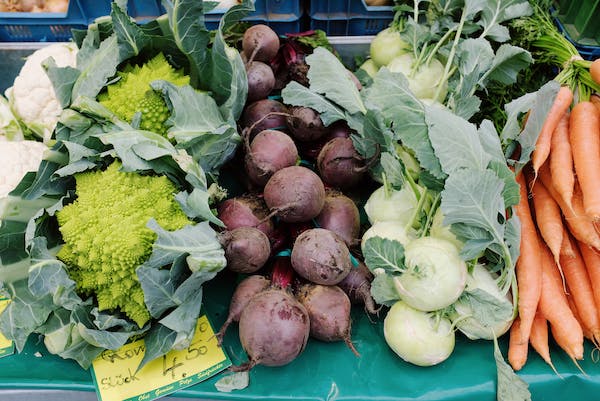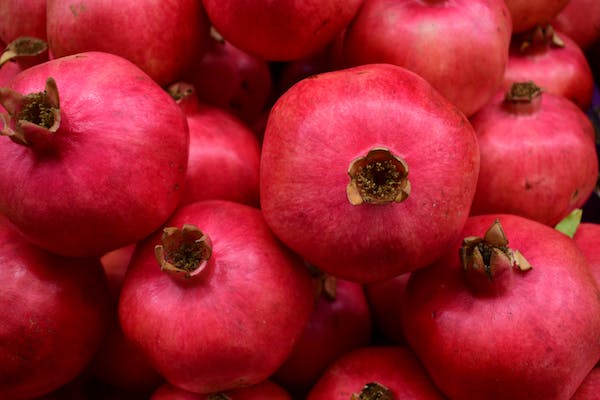-
Food intolerance is a common condition that occurs when individuals experience difficulty in digesting certain foods or nutrients, leading to uncomfortable symptoms.
-
This is different from a food allergy, which involves the immune system and can be life-threatening.
-
Symptoms of food intolerance include abdominal pain, cramping, bloating, nausea, diarrhea, headaches, and fatigue.
-
Some common types of food intolerance include gluten, caffeine, salicylate, lactose, and fructose intolerance.

What is food intolerance?
Someone may be said to have a food intolerance when they find it difficult to digest certain foods or nutrients, leading to uncomfortable and sometimes painful symptoms.
Food intolerance & food allergy
Food intolerance, this is not the same as food allergy because food allergy involves the immune system and they can be life-threatening,
it is also good to be aware that food intolerance may be due to different causes, it may be a lack of digestive enzymes or an immune system reaction to certain food.
How do you know you have a food intolerance?
It is easy to know if you have a food intolerance, anytime you feel the below symptoms some hours after you have taken some certain food.
However, some common signs of food intolerance include:
-
Abdominal pain
-
cramping
-
Bloating and gas
-
Nausea and vomiting
-
Diarrhea or constipation
-
Headaches and migraines
-
Skin rash and itching
-
Fatigue and weakness
Do you experience any of these symptoms regularly after eating certain foods, it’s a sign that you have a food intolerance. The healthcare provider will be of help when you feel that you have a food intolerance.
Types and causes of intolerance
Gluten
Gluten, this is a protein which are found in rye, barley, and wheat and it can cause food intolerance in individuals with celiac disease or gluten sensitivity.
When you eat food that contains gluten, it will make your immune system respond, and may also cause the immune system to produce antibodies that attack gluten molecules as well as the lining of the small intestine in individuals with celiac disease.
This will eventually cause inflammation, damage, and atrophy of the villi, which are small finger-like projections on the intestinal lining that are responsible for absorbing nutrients from food.
Meanwhile, this damage can lead to malnutrition and other health problems.
Foods to avoid
-
Farina
-
Kamut
-
Rye
-
Wheat
-
Spel
-
Barely
Although gluten is not limited to these, it can also be found in cereal and crackers.
Caffeine food intolerance
Caffeine, a stimulant which is found in many foods and drinks such as coffee, tea, soda, and chocolate, and it can cause food intolerance in some people.
Caffeine intolerance is not an immune system reaction like other types of food intolerance; rather, it is caused by the body’s not being able to metabolize caffeine effectively.
The case is that, whenever caffeine is consumed, it will be absorbed into the bloodstream and travels to the liver where it is metabolized by enzymes.
People with caffeine intolerance, these enzymes are either less effective or less abundant, leading to a buildup of caffeine in the bloodstream.
This can cause a range of symptoms, such as
-
Jitters,
-
Restlessness,
-
Anxiety,
-
Palpitations
-
Insomnia
Caffeine can also irritate the lining of the stomach and cause acid reflux, heartburn, and stomach pain, especially in people with pre-existing digestive conditions such as GERD or gastritis.
Foods to avoid
-
Coffee
-
Tea (Black tea, green tea, and white tea all contain caffeine)
-
Medications (pain relievers )
-
Energy bars
-
Soda
Salicylate food intolerance
Salicylates is a chemical compounds normally found in plants to keep them from insects and other related infections.
Salicylate is used as a food preservative. it can be used in preserve varieties of food, which include vegetables, spices, nuts, teas, honey, coffee, and some fruits.
As useful as salicylate is, some people still find it difficult to eat anything preserved with this chemical preservative. Some common symptoms of salicylate may include,
-
Hives
-
Stuffy nose
-
Diarrhea
Foods to avoid
-
Fruits (berries, citrus fruits, grapes, cherries)
-
Tomatoes
-
Eggplants
-
Spices and herbs (turmeric, curry powder, paprika, cumin)
-
Cashews
-
Beer and wine
Lactose food intolerance
Failure to digest lactose, which is found in milk and several other dairy products. Lactose intolerance is caused by a deficiency of an enzyme called lactase in the small intestine.
The major frequent symptoms of lactose intolerance may include:
-
Diarrhea
-
Bloating
-
Gas.
Foods to avoid
-
cow’s milk
-
Cheese
-
Whey protein
-
Yogurt
-
Ice cream
Fructose food intolerance
A sugar that is found naturally in fruits, vegetables, and honey. Fructose intolerance occurs as a result of enzyme deficiency.
There are many diseases that have been linked to fructose such as heart disease and obesity.
The common symptoms of fructose include:
-
Gut
-
Gas
-
Bloating
-
Fullness
-
Cramps
-
Diarrhea.
Foods to avoid
-
Honey
-
Agave nectar
-
Sweeteners (sorbitol and mannitol)
-
Onions
-
Artichokes





